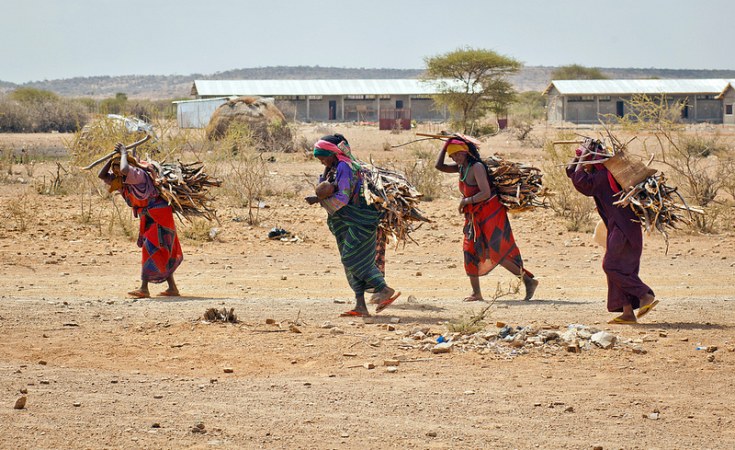Port Sudan — The United States' Special Envoy to Sudan, Tom Perriello, signalled that the international community is prepared to explore alternative measures if Sudan's warring factions do not demonstrate genuine commitment to peace negotiations. Perriello's comments, aired on Sudanese YouTube platform, Televzyon, on June 15, stressed the urgency of reaching a peaceful resolution and warned of increased external intervention if talks fail.
In the interview, the US envoy emphasised the critical need for a peace agreement within a narrow timeframe, saying, "We have about three or four weeks to create the right conditions for a peace agreement. This will become more difficult if the Sudanese Armed Forces (SAF) disrupts the negotiation process or if the paramilitary Rapid Support Forces (RSF) engage in bad faith."
Perriello highlighted the importance of involving regional powers in the peace process. "What we have put together is now a very different approach to Jeddah and to peace. It's based on the idea of building in the parties who can ensure the peace deal and its enforcement," he explained. This includes Egypt, the United Arab Emirates, and the African Union to transition to a political process inclusive of the Sudanese people.
The envoy underscored the detrimental impact of the ongoing conflict, stating, "We have both sides stuck in a war of attrition where nobody is winning, and the Sudanese people are clearly losing. We're seeing a war that's spiralling out of control with more factions and ethnic cleansing."
The special envoy called on SAF leaders and RSF commanders to prioritise their people's welfare over external influences. "We need those negotiations now. The priority is clear. The Sudanese people must continue to raise their voices for the importance of peace," he said. He added that the international community must be ready to consider alternative measures, including potential peacekeeping forces under the African Union or the United Nations.
"The world needs to think of an alternative plan," Perriello said. "If we do not reach an agreement within the next few weeks, we will see more intervention from external parties that make reaching a peace agreement more difficult. These countries are not interested in Sudan's welfare."
Perriello condemned the man-made nature of the crisis, noting, "This famine is not due to natural causes. It is a result of deliberate actions by the RSF, such as burning crops and looting food stores, and by the SAF, who block the delivery of food and medicine."
He stressed that the decision to wage war and cause famine was made by individuals who could equally decide to end the conflict. "Both sides have their narratives on how the war started, but it revolves around decisions by individuals. These same leaders can choose today to stop the war," he said.
Perriello's statements underscore the international community's impatience with the ongoing conflict and its readiness to intervene if necessary, marking a critical juncture in Sudan's pursuit of peace.


